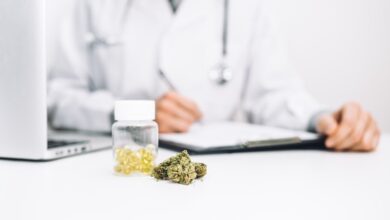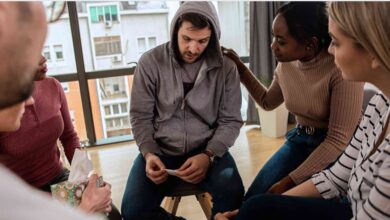How reliable are at-home COVID-19 tests?
Coronavirus test has been a crucial tool in fighting the rapid transmission and infection of SARS-CoV-2. During the COVID-19 outbreak, community mobilization and direct contact were highly restricted to mitigate the virus spread. People were looking for easier and faster ways to determine if they are infected without visiting a testing centre. One of these ways is purchasing at-home COVID-19 tests.
At-home COVID-19 test is a safe alternative virus reduction measure that help in containing the pandemic. It is also a prerequisite to travel to some countries. However, it should not hold greater significance than vaccines, physical distancing, and wearing of facemasks. Additionally, buying COVID home test kits can deliver immediate results without exposing yourself outside the convenience of your home. These covid-19 test kits are permitted for self-testing by the Food and Drug Administration. You can purchase online or at nearby local retailers.
Types of At-home COVID-19 tests
COVID-19 tests have two available types in the market. People can choose from an at-home rapid tests or at-home PCR tests. These tests can tell whether a person has an active coronavirus infection and help in notifying others who may have been exposed. While they are helpful, at-home coronavirus tests have limitations and differences in accuracy, sensitivity, and turnaournd time.
These can provide faster results within 10 to 30 minutes and beneficial in deciding whether to get additional medications. Conversely, PCR tests are more accurate and dependent on specialised laboratory equipment. Thus, these tests can take days before getting the result. Despite the differences, you should test yourself immediately once you experience COVID-19 symptoms.
Typically, the COVID-19 symptoms appear within 14 days after being exposed to the virus. Most infected people will develop mild to extreme symptoms including fever, cough, fatigue, loss of taste or smell, sore throat, and difficulty breathing. Some are asymptomatic which means they do not show symptoms but are infected. If you experience serious signs, it is best to call immediately your medical practitioner. Individuals with wild symptoms can stay at home. This is to prevent over saturation of medical facilities and manpower.
To know more information, here is an infographic from Harley Medic International.




